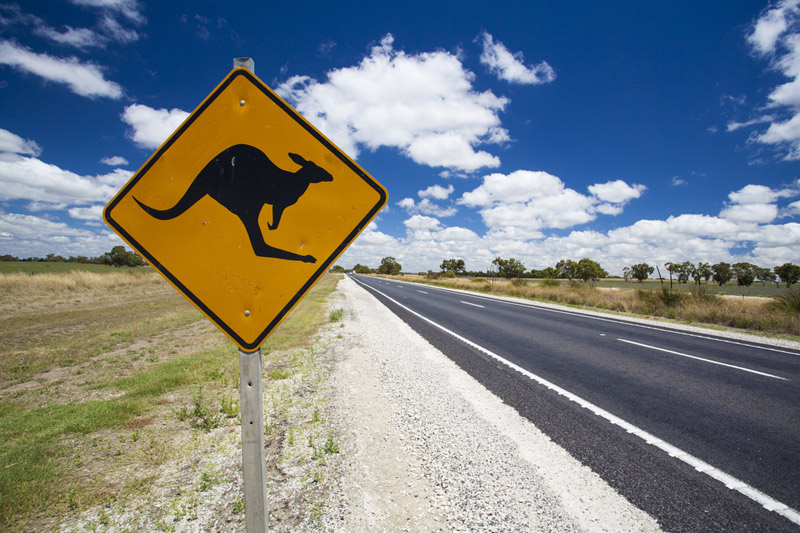(Bloomberg) -- Australia’s economy slowed last quarter as commercial construction fell and household spending slowed, casting doubt on the central bank’s outlook and all but ruling out an interest-rate increase next year.
The data are a blow to the Reserve Bank narrative of record-low rates fueling economic growth of around 3.5 percent this year and next to drive higher wages. It’s now contending with a less robust expansion at a time when house prices just recorded the biggest drop since the global financial crisis. That could prompt consumers to further rein in spending.
“The economy lost momentum moving in to the second half of 2018 centered on housing and the consumer, against the backdrop of a further tightening of lending standards to the housing sector,” said Andrew Hanlan, a senior economist at Westpac Banking Corp. “Business investment also took a step lower, led by mining, with the completion of major gas projects.”
The Australian dollar dropped, buying 73.13 U.S. cents at 12:50 p.m. in Sydney from 73.47 cents before the release. Cash-rate futures priced out any chance of an interest-rate increase through September next year and there’s now a less than 50 percent chance of a hike in 2020.
Key Insights
- The household savings ratio fell to 2.4 percent from a revised 2.8 percent; household spending growth slowed to 0.3 percent from 0.9 percent the previous quarter
- Non-dwelling construction fell 3.8 percent in the quarter as mining and energy projects were completed
- Government spending on roads, bridges and railways has supported the economy; authorities are ramping up infrastructure projects to catch up with an expanding population; high immigration has been another key economic factor
- The downside is the projects coincide with the late stages of a housing construction boom as public and private sectors compete for labor -- that’s forcing some residential builders to scrap projects due to excessive costs in a weakening property market
The RBA has kept interest rates at 1.5 percent for almost 2-1/2 years to spur the economy and lift inflation. It maintains that the next move is likely to be up -- having not hiked since late 2010.
House prices in Sydney are down 9.5 percent since July 2017, on the cusp of overtaking the peak-to-trough decline recorded during the last recession 27 years ago.
